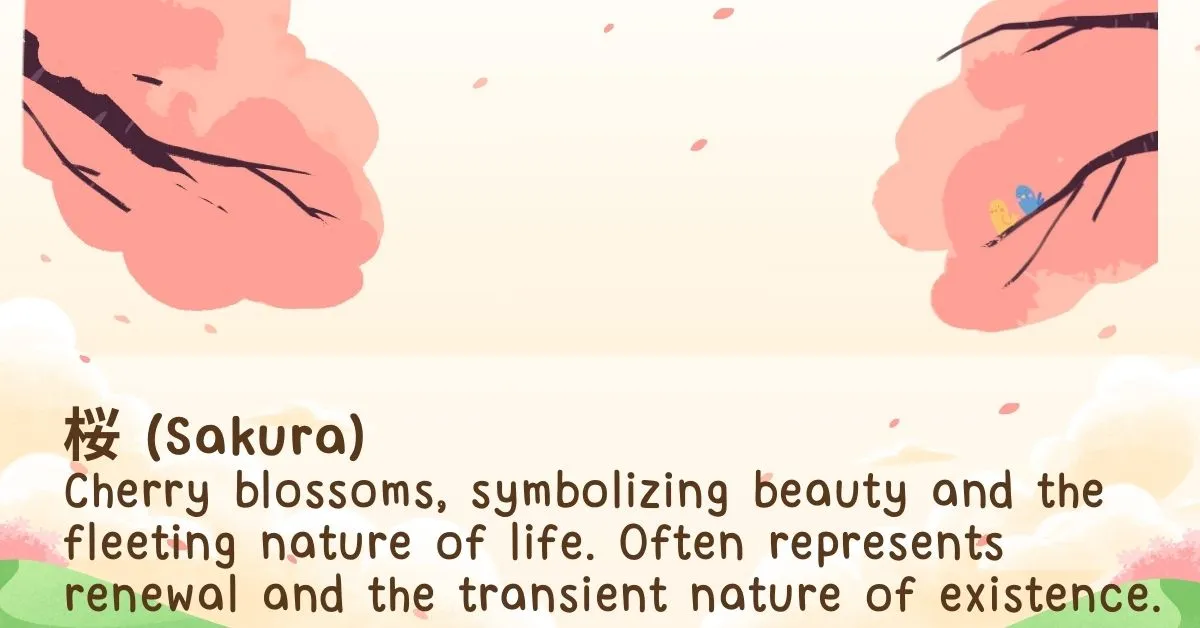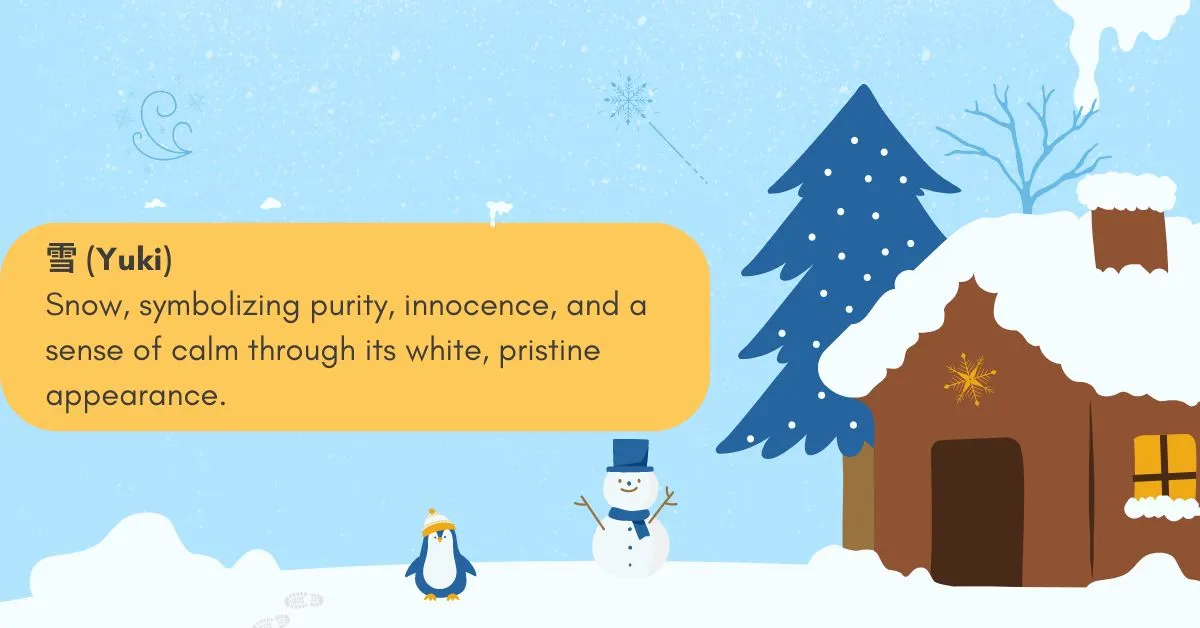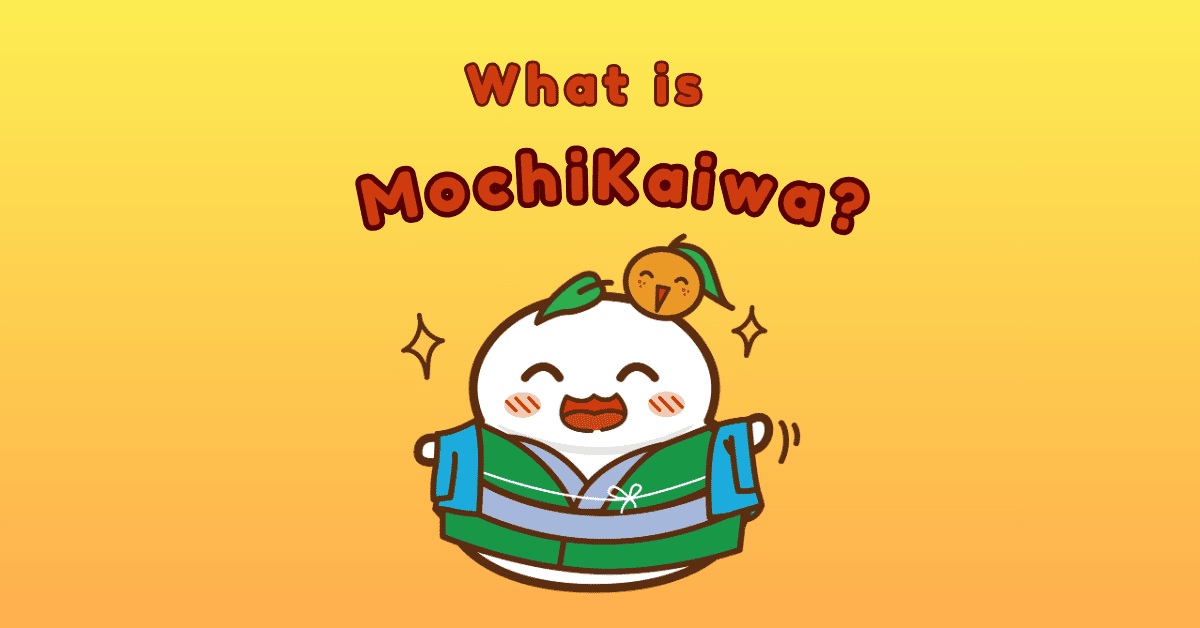Japanese is a language rich in beauty and emotion, with words that capture the essence of nature, feelings, and culture. Whether you are a language enthusiast or simply curious, learning some of these 50 pretty words in Japanese can deepen your appreciation of the language. So let’s explore some beautiful, meaningful, and aesthetically pleasing words from Japan.

50 pretty words in Japanese
| No | Japanese | Romaji | Meaning |
|---|---|---|---|
| 1 | 桜 | Sakura | Cherry blossoms, symbolizing beauty and fleeting moments |
| 2 | 恋 | Koi | Romantic love, deep affection |
| 3 | 夢 | Yume | Dream, something desired |
| 4 | 輝き | Kagayaki | Radiance, brightness |
| 5 | 希望 | Kibou | Hope, aspiration |
| 6 | 微笑み | Hohoemi | Smile, a gentle expression of happiness |
| 7 | 静けさ | Shizukesa | Serenity, peacefulness |
| 8 | 光 | Hikari | Light, illumination |
| 9 | 音 | Oto | Sound, especially musical or natural sounds |
| 10 | 風 | Kaze | Wind, often symbolizing change or freedom |
| 11 | 星 | Hoshi | Star, celestial beauty |
| 12 | 青 | Ao | Blue, often used to describe the sky or sea |
| 13 | 美 | Bi | Beauty, aesthetically pleasing things |
| 14 | 雪 | Yuki | Snow, pure and white |
| 15 | 永遠 | Eien | Eternity, everlasting time |
| 16 | 温もり | Nukumori | Warmth, physical or emotional warmth |
| 17 | 花 | Hana | Flower, a symbol of nature’s beauty |
| 18 | 光沢 | Koutaku | Luster, a shining or glossy surface |
| 19 | 夕日 | Yuuhi | Sunset, the beauty of the setting sun |
| 20 | 愛 | Ai | Love, deep affection and care |
| 21 | 調和 | Chouwa | Harmony, balance between elements |
| 22 | 自由 | Jiyuu | Freedom, liberty |
| 23 | 永遠の愛 | Eien no ai | Eternal love, everlasting affection |
| 24 | 流星 | Ryuusei | Shooting star, a fleeting wish |
| 25 | 恵み | Megumi | Blessing, grace from above |
| 26 | 天使 | Tenshi | Angel, a divine or kind being |
| 27 | 空 | Sora | Sky, the vast blue expanse |
| 28 | 光明 | Koumyou | Brightness, enlightenment |
| 29 | 木漏れ日 | Komorebi | Sunlight filtering through trees |
| 30 | 新しい | Atarashii | New, fresh and renewed |
| 31 | 静寂 | Seijaku | Silence, calm and quietness |
| 32 | 希望の光 | Kibou no hikari | Light of hope, symbolizing optimism |
| 33 | 涼しい | Suzushii | Cool, a pleasant breeze |
| 34 | 愛しさ | Itoshisa | Cherished feeling, beloved |
| 35 | 優しさ | Yasashisa | Kindness, gentle and caring nature |
| 36 | 海 | Umi | Sea, the vast ocean |
| 37 | 鏡 | Kagami | Mirror, reflecting beauty or truth |
| 38 | 平和 | Heiwa | Peace, a state of calmness |
| 39 | 虹 | Niji | Rainbow, a symbol of hope after rain |
| 40 | 美しい | Utsukushii | Beautiful, visually stunning |
| 41 | 幸せ | Shiawase | Happiness, a state of joy |
| 42 | 永遠の平和 | Eien no heiwa | Eternal peace, everlasting calm |
| 43 | 光彩 | Kousai | Gleam, bright and shining |
| 44 | 雲 | Kumo | Cloud, floating in the sky |
| 45 | 涙 | Namida | Tears, often representing deep emotions |
| 46 | 奇跡 | Kiseki | Miracle, a wondrous event |
| 47 | 心 | Kokoro | Heart, soul, or mind |
| 48 | 勇気 | Yuuki | Courage, bravery in adversity |
| 49 | 瞬間 | Shunkan | Moment, a brief point in time |
| 50 | 約束 | Yakusoku | Promise, a commitment or vow |
50 pretty words in Japanese and its explaination
桜 (Sakura)
Cherry blossoms, symbolizing beauty and the fleeting nature of life. Often represents renewal and the transient nature of existence.
恋 (Koi)
Romantic love or deep affection, typically focused on passionate love between individuals.
夢 (Yume)
Dream, both in the literal sense of what one experiences while sleeping and metaphorically as something one desires or aspires to.
輝き (Kagayaki)
Radiance or brightness, often used to describe the brilliance or glow of something, like light or a person’s aura.
希望 (Kibou)
Hope or aspiration, representing a feeling of expectation and desire for a certain outcome.
微笑み (Hohoemi)
A gentle smile, reflecting a soft, kind expression of happiness or contentment.
静けさ (Shizukesa)
Serenity or peacefulness, often describing a calm and tranquil environment, free from disturbance.
光 (Hikari)
Light or illumination, either in a literal sense or figuratively as knowledge, hope, or guidance.
音 (Oto)
Sound, especially natural or musical sounds, conveying auditory sensations.
風 (Kaze)
Wind, often symbolizing change or freedom, representing movement or a shift in circumstances.
星 (Hoshi)
Star, referring to a celestial body, often symbolizing beauty, dreams, or distant aspirations.
青 (Ao)
Blue, commonly used to describe the color of the sky or sea, often symbolizing calmness and depth.
美 (Bi)
Beauty, describing something aesthetically pleasing or of high artistic value.
雪 (Yuki)
Snow, symbolizing purity, innocence, and a sense of calm through its white, pristine appearance.
永遠 (Eien)
Eternity, representing an infinite or everlasting period of time, often used in the context of relationships or time.
温もり (Nukumori)
Warmth, which can be physical (heat) or emotional (a sense of comfort or affection).
花 (Hana)
Flower, symbolizing nature’s beauty, often representing life, growth, and natural elegance.
光沢 (Koutaku)
Luster or sheen, referring to a shining or glossy surface, often used for objects like metals or fabrics.
夕日 (Yuuhi)
Sunset, the beauty of the setting sun, often symbolizing the end of something or the beauty of endings.
愛 (Ai)
Love, deep affection and care, encompassing love in various forms, including romantic, familial, or platonic love.
調和 (Chouwa)
Harmony, balance between elements, often used to describe peaceful coexistence or balance in life or music.
自由 (Jiyuu)
Freedom or liberty, representing the state of being free from constraints or restrictions.
永遠の愛 (Eien no ai)
Eternal love, symbolizing everlasting affection that transcends time and life.
流星 (Ryuusei)
Shooting star, symbolizing a fleeting moment of brilliance or a wish, often associated with good luck or dreams.
恵み (Megumi)
Blessing or grace, often seen as a divine favor or gift from a higher power.
天使 (Tenshi)
Angel, a divine or benevolent being, often representing protection, kindness, or purity.
空 (Sora)
Sky, representing the vast blue expanse, often symbolizing freedom, openness, or infinite possibilities.
光明 (Koumyou)
Brightness or enlightenment, used to signify both physical light and the metaphorical light of wisdom or knowledge.
木漏れ日 (Komorebi)
Sunlight filtering through the trees, a poetic term describing the beauty of light passing through foliage.
新しい (Atarashii)
New, meaning something fresh, recently created, or renewed, often symbolizing beginnings or innovation.
静寂 (Seijaku)
Silence or quietness, referring to an absence of sound, often used to describe a peaceful or contemplative moment.
希望の光 (Kibou no hikari)
Light of hope, symbolizing optimism and the possibility of a positive outcome.
涼しい (Suzushii)
Cool, typically referring to a refreshing breeze or a comfortable temperature.
愛しさ (Itoshisa)
Cherished feeling or beloved, representing deep emotional attachment or affection for someone or something.
優しさ (Yasashisa)
Kindness or gentle nature, referring to the quality of being caring, compassionate, and tender.
海 (Umi)
Sea, symbolizing the vastness and depth of the ocean, often associated with exploration, emotion, or mystery.
鏡 (Kagami)
Mirror, a reflective surface that metaphorically represents self-reflection, truth, or beauty.
平和 (Heiwa)
Peace, representing a state of calmness, tranquility, or non-violence, often used in a societal or personal context.
虹 (Niji)
Rainbow, a symbol of hope and beauty after rain, often representing diversity, positivity, and new beginnings.
美しい (Utsukushii)
Beautiful, describing something or someone that is visually stunning or pleasing in appearance.
幸せ (Shiawase)
Happiness or joy, representing a state of well-being, contentment, and emotional satisfaction.
永遠の平和 (Eien no heiwa)
Eternal peace, symbolizing everlasting tranquility or calm, often used in spiritual or societal contexts.
光彩 (Kousai)
Gleam or bright shine, representing a vivid, glowing, or radiant quality, often associated with light or brilliance.
雲 (Kumo)
Cloud, a floating mass in the sky, often symbolizing dreams, ambiguity, or fleeting moments.
涙 (Namida)
Tears, representing deep emotions, whether of sadness, joy, or relief.
奇跡 (Kiseki)
Miracle, a wondrous event that seems to defy natural laws, often seen as an act of divine intervention.
心 (Kokoro)
Heart, soul, or mind, representing the emotional or spiritual core of a person, often connected to feelings or thoughts.
勇気 (Yuuki)
Courage, representing bravery and the strength to face adversity or challenges.
瞬間 (Shunkan)
Moment, referring to a brief point in time, often used to highlight the significance of a fleeting experience.
約束 (Yakusoku)
Promise, a commitment or vow made between people, representing trust and future intentions.
Why are these Japanese words so beautiful?
Japanese words often carry a poetic quality, deeply connected to nature, emotions, and everyday life. They invite introspection and a heightened sense of beauty in even the simplest things. Each word not only conveys its meaning but also holds cultural significance, making Japanese a highly expressive and nuanced language.
If you’re interested in learning and using these beautiful words, MochiKanji is an exceptional tool designed to help you master kanji with ease.

MochiKanji employs spaced repetition, a scientifically proven technique that helps reinforce memory over time. The app also offers personalized learning schedules, detailed kanji breakdowns, stroke order animations, and example sentences to provide a comprehensive understanding of each character. With MochiKanji, you can efficiently incorporate these meaningful Japanese words into your everyday vocabulary and deepen your connection to the language.
Conclusion
These 50 pretty Japanese words reveal the poetic and deep nature of the Japanese language. From expressions of love and beauty to moments of serenity and joy, each word carries its own unique charm. Whether you’re learning Japanese or simply want to enrich your vocabulary, these words are a beautiful way to connect with the language and culture of Japan.







